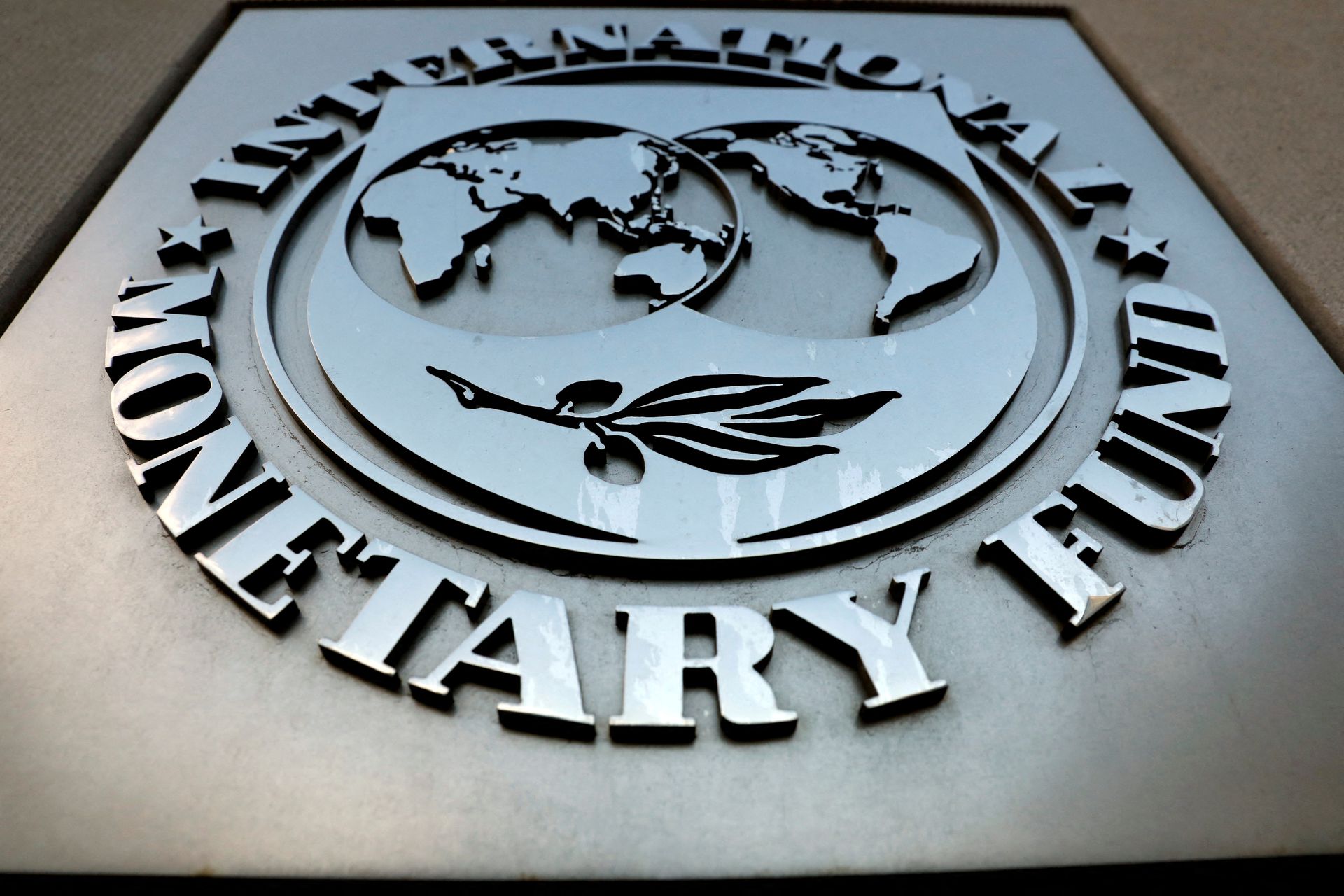Multilateral body, the International Monetary Fund (IMF) has warned that China’s declining growth might affect Nigeria’s economic fortunes.
The IMF stated that Nigeria’s growth could be impacted by China’s recent decline in growth— which has averaged 0.5 percentage points— because the Asian giant had established strong economic ties with sub-Saharan African nations over the past 20 years.
Yan Yuging, the Chinese consul general in Lagos, Nigeria’s commercial capital, recently revealed that the value of bilateral trade between Nigeria and China in the first three quarters of 2023 was $17.25 billion.
He said, “China is a significant trade partner for Nigeria. According to Chinese customs data, the bilateral trade volume between China and Nigeria reached $23.9bn in 2022, with China’s exports to Nigeria amounting to $22.3bn and imports from Nigeria totalling $1.6bn.”
According to the IMF, China is the biggest trading partner in the region since it purchases one-fifth of its exports, which include metals, minerals, and fuel, and supplies most of the manufactured goods and machinery brought into the area. As the largest bilateral official lender to Nigeria, Zambia, and a host of other African countries, reductions in loans are anticipated in these countries as well.
It, however, pointed out that Africa was now expected to be affected by China’s pandemic recovery. In a post titled “China’s Slowing Economy Will Hit Sub-Saharan Africa’s Growth,” the Washington-based lender disclosed this.
It said, “However, China’s recovery from the pandemic has slowed recently due to a property downturn and flagging demand for its manufactured goods as global growth has also slowed.
“This matters for Africa. A one percentage point decline in China’s growth rate could reduce average growth in the region by about 0.25 percentage points within a year, according to the latest Regional Economic Outlook. For oil exporters, such as Angola and Nigeria, the loss could be 0.5 percentage points on average.”
The IMF observed that sub-Saharan African nations must strengthen their resilience to China’s slowing growth and reduce economic involvement by boosting intra-African trade and reestablishing safety nets, which may involve modifying tax laws and enhancing revenue management. It went on to say that diversifying African economies was essential to maintaining growth in the future.
It added, “The strong demand for minerals that support renewable energy development could provide an opportunity for countries to forge new trade relationships and develop more local processing capabilities. Countries can improve their competitiveness by creating a favourable business environment, investing in infrastructure, and deepening domestic financial markets.”
IMF’s warning against China’s influence in Africa might be connected with the United States’ waning influence on the continent, with China being the US biggest competitor for the African market. Washington is currently reviewing its two-decade-old duty-free initiative, the African Growth and Opportunity Act (AGOA), which allows duty-free access to the US market for exports from eligible nations.





























